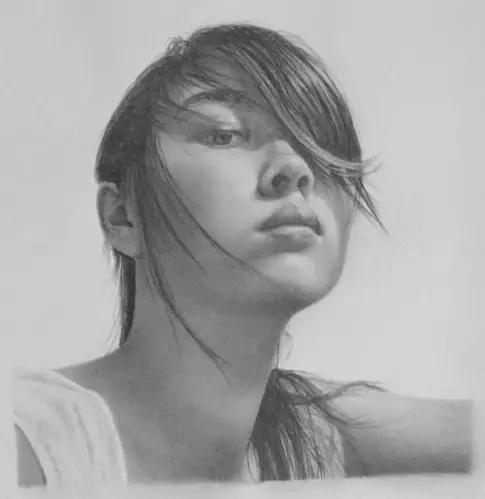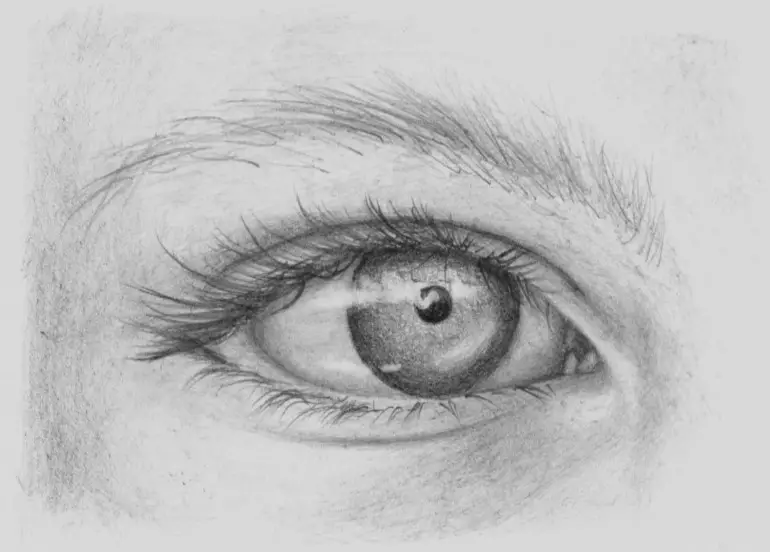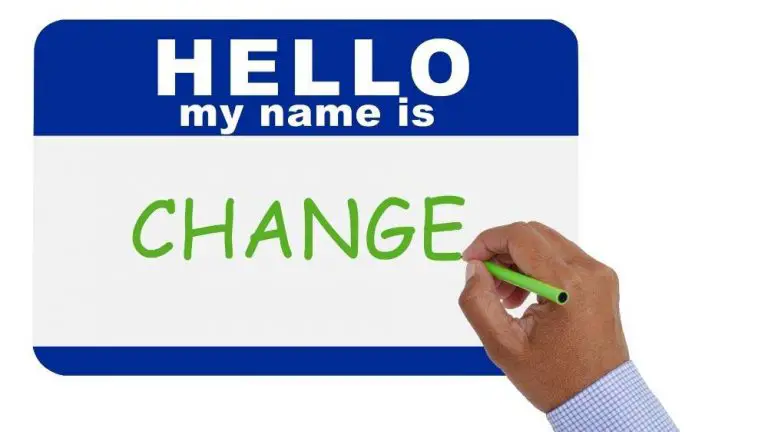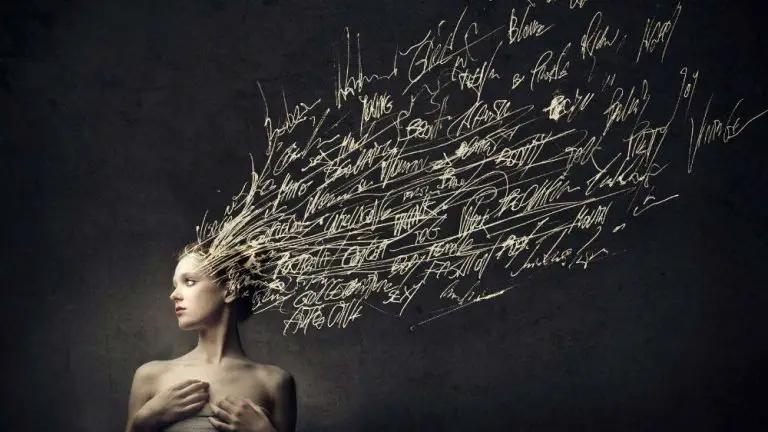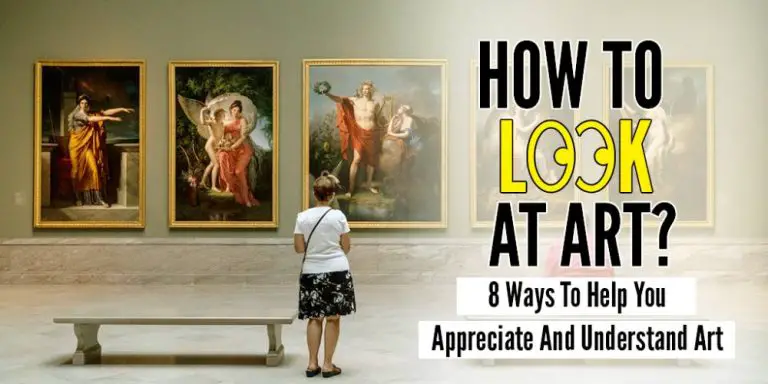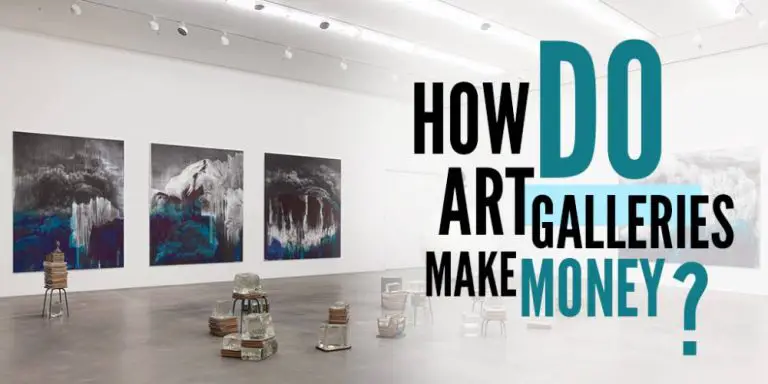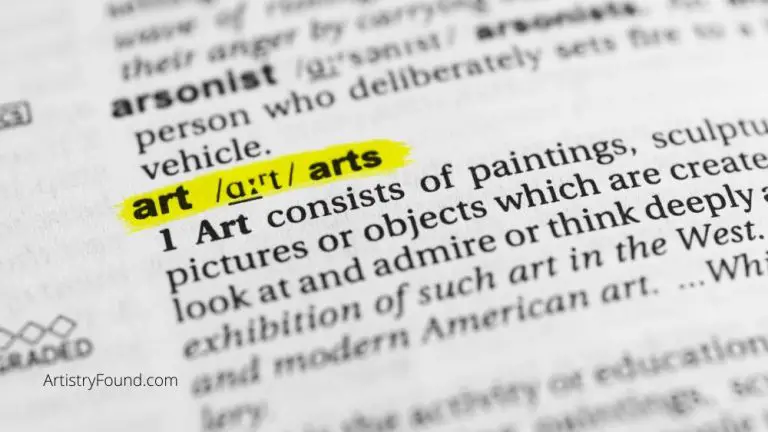Why Are Artists Bad At Math? (Explained)
There seems to be a stereotype that has been around for years and years; this is that artists are notoriously bad at math. Although this appears to be the truth in some cases, not many people try to find out the reasoning behind it. So, why are artists bad at math?
Artists can be bad at math for a number of reasons, they could just not have any interest in it as it seems boring to them, they could have had a bad math teacher that did not understand how to teach them correctly, and it could be that the artist’s brain is actually structurally different.
Why might math not be interesting to an artist to the point where they avoid it as much as possible? What structures of the artist’s brain are so different that it can make them struggle with math? We have a look at all these points and more in this article.
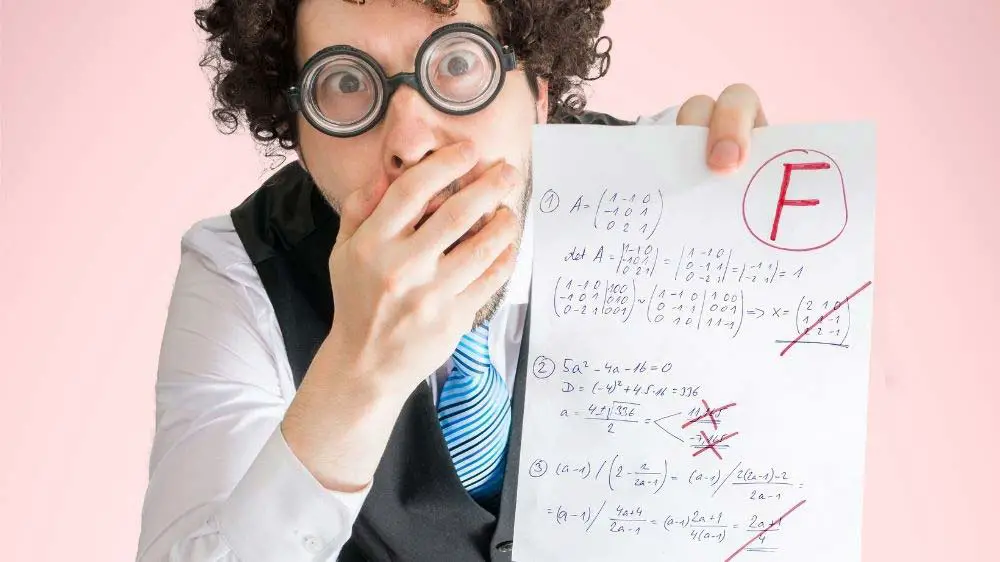
(This article may contain affiliate links and I may earn a commission if you make a purchase)
Why Do Artists Struggle With Math?
Artists may struggle with math skills for various reasons, all artists are different, so their understanding, motivations, and interests vary greatly.
The reasons why some artists are bad with math could be down to genetics and the attributes they were born with, while for others, it could be due to lack of interest and motivation, and for some, it could be both.
And, of course, it’s important to note that there are artists out there who excel in math just at much as they do in their artistic endeavors. Multiple different aspects go into the reasoning as to why one artist may be bad at math and why another artist has excellent mathematical thinking skills.
Throughout history, there have been many famous artists that have been known not only for their extraordinary abilities in the arts but also for their excellent grasp of mathematics.
Among these artists is Leonardo Da Vinci, a great inventor who used his extensive knowledge of math to create his mechanical wonders. Da Vinci is considered both a great mathematician and a great artist!
But not everyone is a Leonardo Da Vinci, meaning not everyone is excellent at both subjects. Let us have a look at some reasons why artists and artistic types may struggle with basic math.
Math Does Not Interest Some Artists
Artists are often referred to as creatives, and these creatives tend to think tangentially; as these creatives are highly artistic, they tend to have a difficult time focusing on things that they perceive as mechanical.
Having a more unconventional way of thinking allows the artist to have greater flexibility to help them interpret the world they live in.
A person that is creative is more often concerned with feelings and emotions, rather than absolutes such as a math equation. A math problem is not flexible, while artists tend to excel in generating ideas and thoughts using a more abstract thinking approach.
With this in mind, you can see why some artists just have no interest in math. The creative process is flowing, open, and welcomes inspiration, while math requires a more structured and absolute approach.
For these artists, math is very linear and does not allow for any flexibility in the way of thinking. This leads artists to get somewhat bored when doing math, which furthers their disinterest in the subject. This can also lead to low motivation when it comes to these artists needing to do math. Some artists may even try to actively avoid the subject altogether.
Artists Who Had A Bad Math Teacher
Some artists may not be good at math for the same reason why some non-artists are bad at math; they may have just had a bad teacher or a bad experience with a teacher that led them to not enjoy their math class.
There are a multitude of artists out there that are perfectly capable of doing math and doing it well, but just like many other people, there are some artists that may have just had a bad math professor, which led them to not enjoy the subject or led them to find it boring, or they could have even found it extremely frustrating and difficult to understand.
For example, my high school algebra class was literally taught by the schools P.E. teacher! I wouldn’t say I was a ‘math person’ to begin with, but couple that train wreck of an experience along my more artistic way of thinking about things to begin with, and I was pretty much lost in the world of math after that.
Having said that, if a creative student is interested in math, then the teacher can make all the difference in that interest growing or completely breaking down. And if a creative child is struggling to understand math and is finding it frustrating, then a good teacher could lead them to enjoy the subject and actually excel in it.
For an artist that is dealing with a teacher that does not understand their learning style, or how to teach their lesson in a more creative or engaging way, math can then seem like it is dragging them down, or can make them feel like they are not good enough, or even that they are not intelligent people.
This can feel very demeaning for the artist and will make an artistic person lose interest in the subject altogether, and they will try to avoid it throughout their lives.
If it is a creative child that is dealing with this, then the parents may find that the child tries to avoid their math homework entirely. Math studies can seem like a very traumatic experience to a child, and the child may end up very frustrated and upset.
Having a lousy math teacher can cause the entire subject to be a miserable experience not only for artists but for all the students in the class.
Artist’s Brains Are Structurally Different
There have been scientific studies that have compared artist’s brains to non-artist’s brains, and they have shown some surprising results. The brain scans of the participants have revealed that the artists in the study had an increased amount of neural matter that is related to visual imagery and fine motor movements.
Environmental upbringing and training also play a vital role in their abilities, but this finding could suggest that an artist’s skills are somewhat innate.
In these studies, it was found that people who were excellent in drawing seemed to have more highly developed structures in some areas of the brain that controls fine motor performance, as well as procedural memory.
These artists had significantly more gray matter in the area of the brain that is called the praecuneus, which is located in the parietal lobe. This region of the brain is involved in a number of functions that could be connected to abstract thinking and creativity, such as visual imagery, which is having the capacity to manipulate visual imagery in your brain.
This gives artists the ability to combine imagery and deconstruct imagery in their heads, which can lead them to be more creative individuals.
Since an artist’s brain is structurally different from a non-artist’s brain; this could be a reason why artists are not good at analytical work like math, and why this subject may not interest them at all.
This could also explain why some artists have trouble focusing on certain subjects, as their brain was not built for thinking in that specific way; their brain was structurally made to be that of an artist.
Conclusion
There are a number of reason why artists are bad at math. They may just not be interested in it as they find that way of thinking tedious and inflexible, or they may have had a bad experience with a teacher in school that has left the whole subject feeling awkward and unappealing to them.
The artist’s brain also could have just been made differently, and given the primary ability of being able to think outside the box. This means that when they are faced with math, their brains simply do not understand it well or grasp it at all.
This does not mean that an artist is less intelligent just because they can’t do math; it just means that the way their brain works doesn’t align with the more linear way of thinking that mathematics require. Artists are meant to be original thinkers who challenge society’s norms.
With so many different people with their own skill sets, it’s important for each person to find a way of contributing that suits them. So, if you’re good at art but not math – don’t worry! You’re exactly who you’re supposed to be.
More From Artistry Found
- Artists vs Scientists (Similarities & Differences)
- Do Art Schools Care About Grades? (What You Need To Know)
- How Artists See The World (A Different Vision)
- 10 Reasons Why Artists Make AMAZING Lovers
References:

